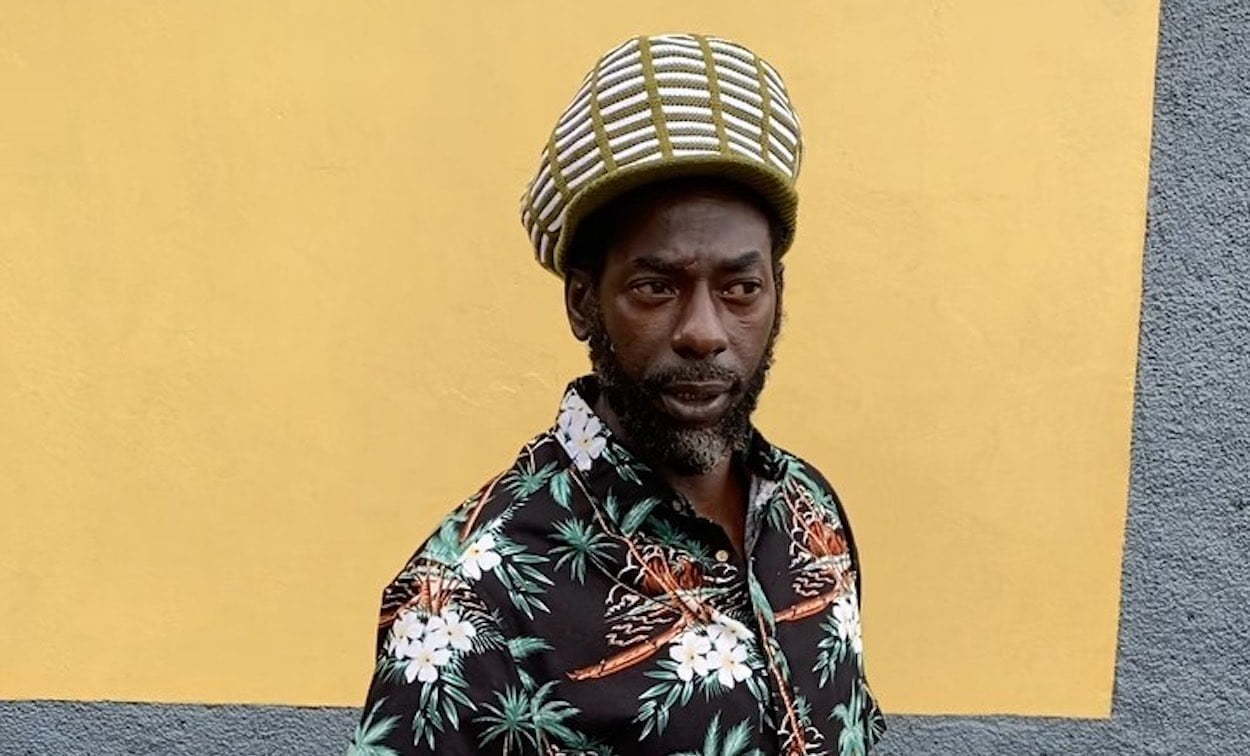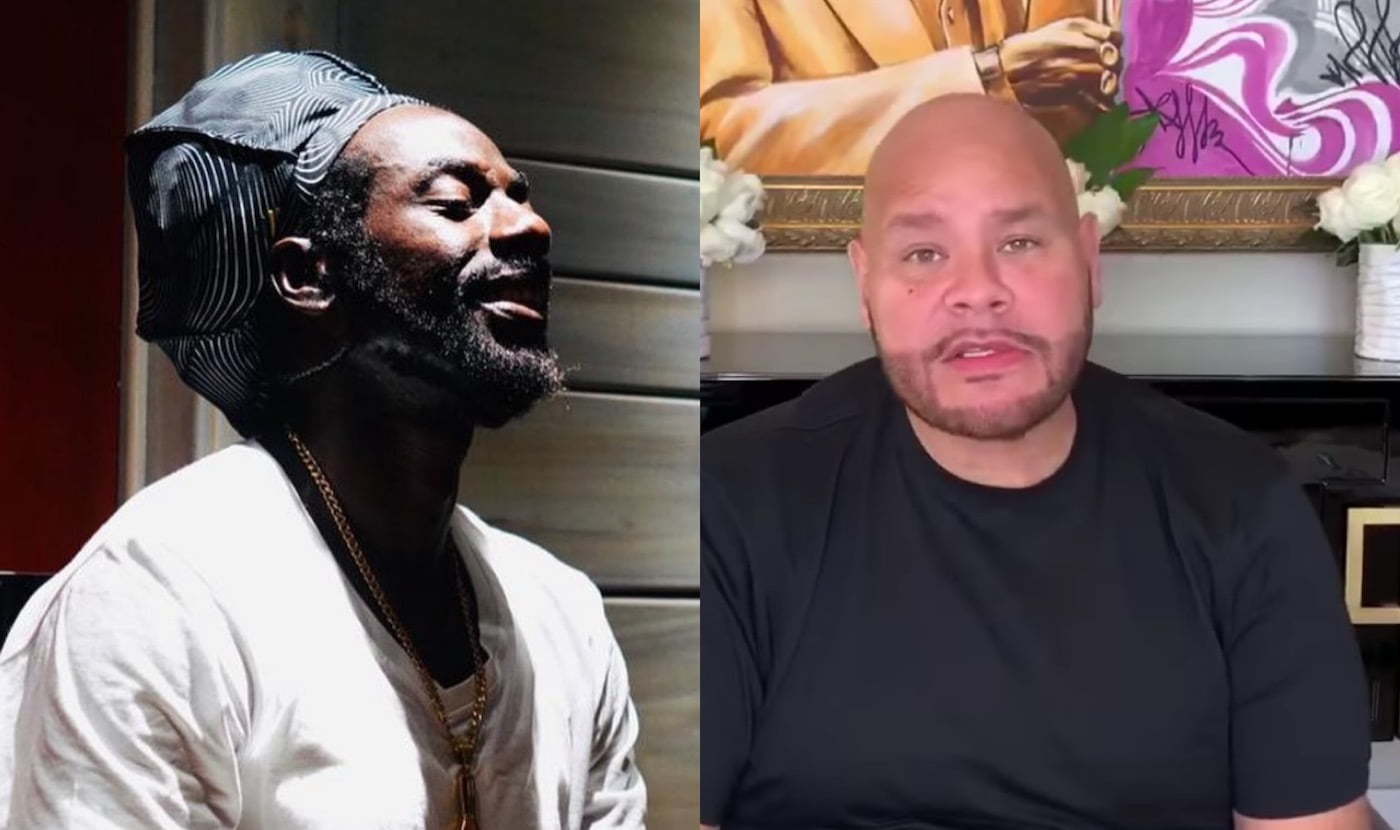Buju Banton was all reggae music vibe during his discussion with rapper Fat Joe on Instagram Live as we marks International Reggae Day.
Jamaican music legend Buju Banton has been busy since his return to the scene in 2019. He released his long-anticipated studio album Upside Down 2020 to much fanfare last Friday, squeezing in a host of tour dates for his Long Walk to Freedom series plus a few appearances before the pandemic forced us all indoors. Late last night, the “Champion” crooner sat down with Puerto Rican hip-hop veteran Fat Joe on his weekly IG Live, ‘The Fat Joe Show’. The two reminisced about the high points they’ve had in their decades long friendship “in the boogie down Bronx back in the early days” as well as the “euphoric” feeling the Gargamel had when he finally returned to the stage.
The conversation also covered some sore points and problems that still plague the music industry today. Touching on the topic of culture vultures and reggae’s global contribution to music, Buju Banton got cross and critical of those who sample the genre without giving proper credit or paying their dues.
When Fat Joe commented on the well known fact that “Reggaeton music emerged from Reggae”, Buju Banton was reproachful, responding “Ye, and that is why sometimes you hear me vent because the Reggaeton brothers do not even pay homage to the source, you know what I mean, and they’ll take everything and act like they trying to rewrite history. Well go ahead and take what you want to take because Rasta got soul,” he said laughing, cleverly referencing the title of his 9th studio album of the same name.

“We don’t want no more big up, reggae music has been big by itself, come check we ah Jamaica and do some collaboration, meaningful and carry some of the bredrins dem to Jamaica, to see di culture, walk in Trenchtown, down into where the music was made so you can feel and see that yuh not really paying back to the culture.” he continued. “This culture that has been so great and good and kind to you, yuh not even visit the genesis of it? You never even come to the island or spend a week down here to see what Jamaica is like, walk around Kingston and see where yuh get dis Reggaeton yah from.”
“I saw it coming from in the early days,” he said, pointing to one of the first Reggaeton hits, El General’s Tu P*m P*m, which is a cover of Little Lenny’s “Pun**ny Tegereg. “We appreciated it because we see it as an expansion of what we were doing so we embraced them with the mindset that that would reciprocate; it never happened.”
Reggae’s cultural relevance has long surpassed Reggaeton, spawning genres including Afrobeats and Tropical House. It’s influence is so valid that there are countless cases of interpolation and plagiarism, most recently where Dancehall artist Flourgon sued Miley Cyrus—and won—for using the hook in his 1988 song “We Run Things”. Though it’s clear the negativity of the situation gets on his nerves, the “Trust” singer nevertheless had nothing but praise for his bread and butter.
“This is the music that receive the most fight over the world..am I Iying?” he asked. “Reggae music receive the most oppression and it’s the most suppressed music but yet the people dem find a way to find it because this ah di music weh God love, memba me tell unnu dat! Angels dance to this..” to which Joey Crack replied “That is a fact!”
Peep the full live discussion with Fate Joe and Buju Banton below.
